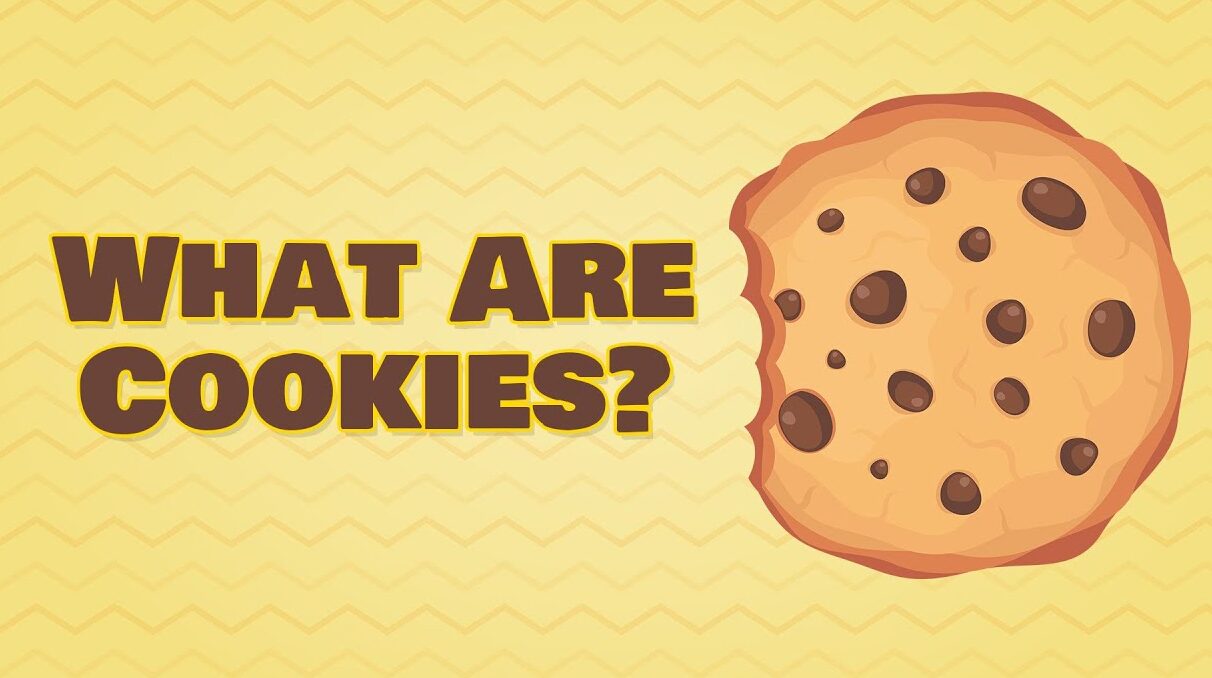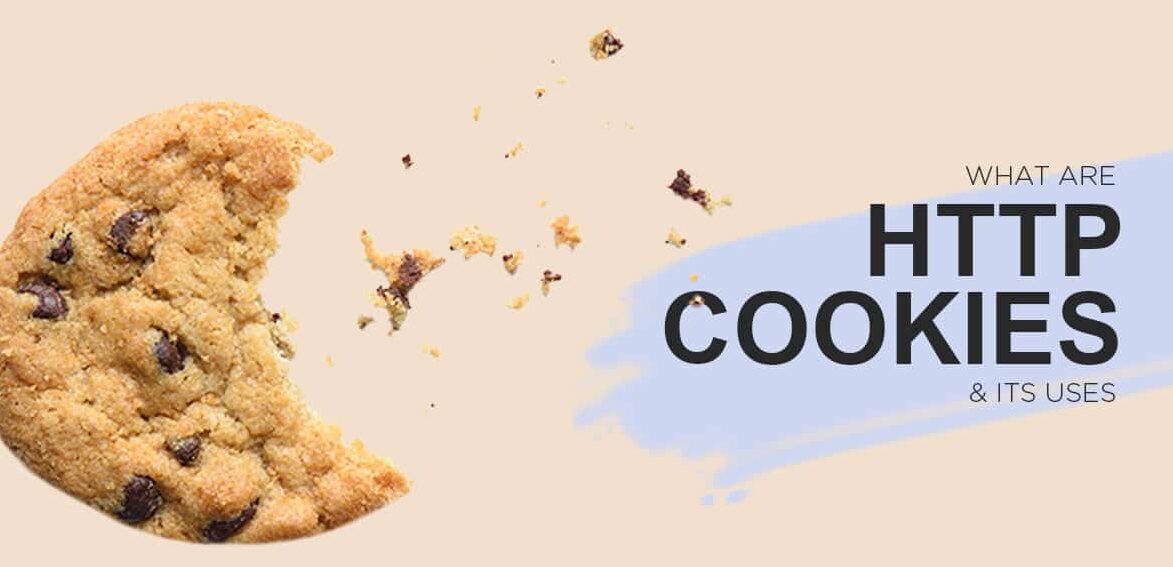What are cookies?
A cookie is a small text file that a website saves on your computer or mobile device when you visit the site. It enables the website to remember your actions and preferences (such as login, language, font size and other display preferences) over a period of time, so you don’t have to keep re-entering them whenever you come back to the site or browse from one page to another. How Do We Use Cookies? We use cookies for two main purposes:
1) To provide certain features such as being able to log into your account;
2) To help us understand how our websites are being used so that we can improve your experience and make sure they are performing optimally.
Examining the benefits and drawbacks of cookie technology
In computing, a cookie is a small piece of data sent from a website and stored on the user’s computer by the user’s web browser while the user is browsing. Cookies were designed to be a reliable mechanism for websites to remember stateful information or to record the user’s browsing activity. They can also be used to track users’ interests, login credentials, and other information. However, because cookies can store sensitive information about users they have been increasingly seen as potential security risks in recent years.

Cookies are small text files that are placed on your computer by websites that you visit. They are widely used in order to make websites work, or work more efficiently, as well as to provide information to the owners of the site. The table below sets out some examples of what type of information cookies collect and why we use them:
- First-party cookies are created by the website you visit;
- third-party cookies come from other sites which run content on the page you’re viewing – for example adverts or embedded videos (first-party vs third-party). Session versus persistent: A session cookie expires at the end of your browser session – so when you close your browser window after visiting a site;
- whereas persistent cookies survive after your session has ended and allow us recognise you next time you return (session vs persistent). Strictly necessary versus functional: Functional first party ‘memory’ style cookies help improve navigation around our sites – making sure products stay in your basket whilst shopping online for example;
- without these types of cookie some features wouldn’t work (strictly necessary vs functional/performance). Targeting / advertising: Third parties serve adverts onto many pages across our sites – using their own tracking technologies such ascookiesandwebbeacons(targeting/advertising)to deliver relevant ads tailored to individual consumers based upon an analysis of their web surfing habits including past visits our sites.(targeting/advertising)
Understanding how cookies are used to track online behavior
Most websites use cookies to track online behavior. Cookies are small text files that store information about your visit to a website. This information can include things like the date and time of your visit, the pages you viewed, whether you were logged in or not, and any other data that the site may collect.
Cookies are used for a variety of purposes, including helping website owners understand how their site is being used so they can improve the user experience. They can also be used for advertising purposes, allowing advertisers to serve targeted ads to users based on their browsing history.

Some people believe that cookies are a privacy concern because they allow websites to track our online activity. However, most cookies only contain limited amounts of information and cannot be used to personally identify individuals. Additionally, you can usually disable or delete cookies through your browser settings if you want to limit or stop tracking altogether.
Strategies for removing unwanted or excessive tracking with cookies
What are Cookies? Cookies are text files that are placed on your computer by websites you visit. They are used to store information about your preferences and other information which the website may need to personalize your experience. Many people do not realize that cookies can be used to track their online activities, especially if they frequently use multiple devices or browsers. Fortunately, there are steps you can take to remove unwanted or excessive tracking with cookies.
The first step is to check what cookies are currently stored on your device using a browser extension or setting. This will show you all of the websites that have placed cookies on your device and what type of data is being collected. If you find any suspicious or unrecognizable entries, you can delete them individually by clicking on the “Remove” button next to each entry.
You can also clear all cookies stored on your device in one go by going into the settings of your browser and selecting “Clear browsing data” under the privacy heading. Be sure to select “Cookies and other site data” before hitting confirm so that only this type of data is deleted from your device. You can also set most browsers so that they automatically deletecookies when you close them down – this option is usually found in the same settings menu as where you clearedcookies manually.. Whichever method you choose, clearing out old cookies regularly will help protectyour privacy online.





